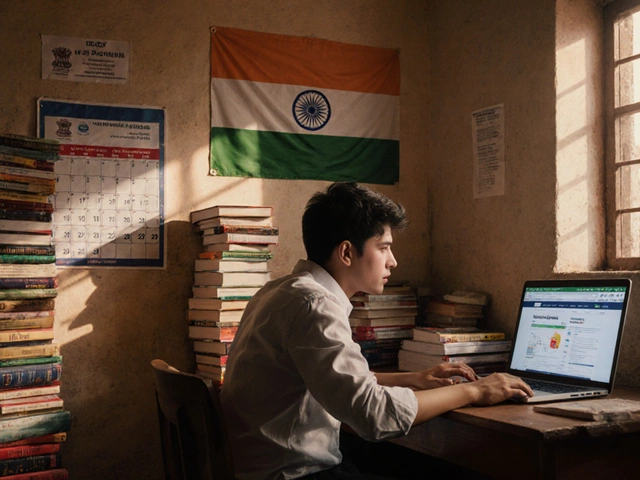MCAT Difficulty: What Makes It Hard and How to Tackle It
When you’re planning to get into medical school in the U.S. or Canada, the MCAT, a standardized exam used by medical schools to assess readiness for medical education. Also known as the Medical College Admission Test, it’s not just another test—it’s the gatekeeper to your entire medical career. Unlike school exams, the MCAT doesn’t just test what you remember. It tests how you think under pressure, how you connect biology to chemistry, how you read dense passages fast, and how you solve problems you’ve never seen before. Thousands of students spend months preparing, and many still feel unprepared on test day. Why? Because the MCAT difficulty isn’t about memorizing facts—it’s about mastering the art of applying knowledge under tight time limits.
The exam covers four sections: Biological and Biochemical Foundations, Chemical and Physical Foundations, Psychological, Social, and Biological Foundations of Behavior, and Critical Analysis and Reasoning Skills. Each section is designed to mimic real medical scenarios. For example, you might get a passage about a patient’s symptoms and have to figure out the underlying mechanism—without ever having studied that exact case. This is where many students stumble. They prepare like they did for high school tests: memorize, repeat, hope. But the MCAT rewards strategy, not just knowledge. It’s not just about knowing the Krebs cycle—it’s about knowing when to skip a question, when to guess, and how to stay calm when your brain feels full.
Compared to India’s NEET or JEE, the MCAT is less about speed and more about depth. NEET tests your recall of a fixed syllabus. The MCAT asks you to pull from multiple subjects at once—biology, psychology, ethics, statistics—and make decisions in real time. And it’s long: over seven hours total, including breaks. That’s not just a mental challenge—it’s a physical one. Your focus has to last longer than most college finals combined. That’s why prep isn’t just about books. It’s about stamina, time management, and mental resilience. Students who do best aren’t always the smartest—they’re the ones who’ve trained their brains to handle the pressure.
If you’re thinking about taking the MCAT, you’re not alone. But you need to know what you’re up against. Below, you’ll find real stories, breakdowns of prep strategies, and insights from people who’ve passed—and failed—before. You’ll see what actually works, what’s a waste of time, and how to turn the MCAT’s difficulty into your advantage. No fluff. No hype. Just what you need to know before you start studying.
LSAT vs MCAT: Which Exam Is Harder?
Posted by Aria Fenwick On 10 Oct, 2025 Comments (0)

Compare LSAT and MCAT difficulty, format, prep time, scoring, and which exam feels harder based on your background.




